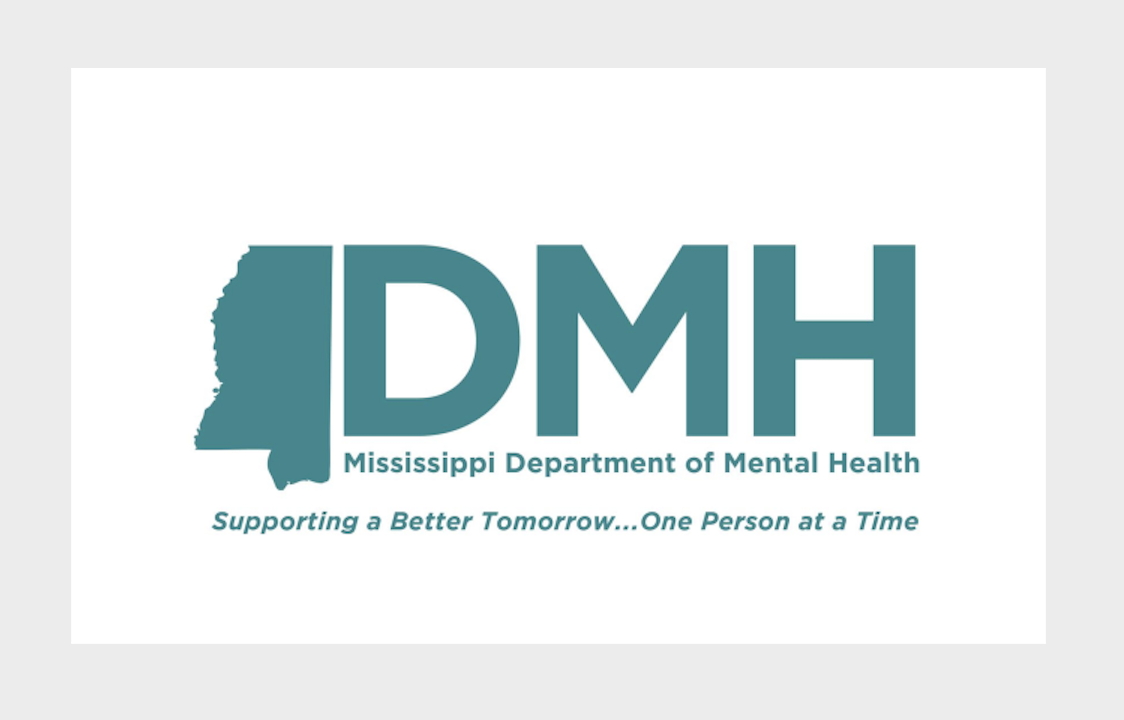Making A Plan (MAP) Teams are local interagency groups that include and partner with families to be the single point of entry into the system of care for children with serious emotional disturbances who are at risk for out-of-home care. Standards on MAP Teams are on page 299 of the proposed DMH standards.
Our public comments will likely include the recommendation that MAP Teams should include representatives from managed care organizations and local Medicaid offices, which we will attach to Standard 39.1.B. We include Standard 39.1.A for your reference.
39.1.A: Making A Plan (MAP) Teams address the needs of children/youth, birth up to 21 years, with serious emotional/behavioral disorders and/or dually diagnosed with serious emotional/behavioral disorders and an intellectual disability or serious emotional disturbance and alcohol/drug use, who require services from multiple agency providers and multiple service systems, and who can be successfully diverted from inappropriate institutional placement.
39.1.B: Each MAP Team must be comprised of at least one (1) child/youth behavioral health representative employed by the Community Mental Health Center (DMH/C) or DMH/P certified agency provider who has a bachelor’s degree. In addition, there must be at least one (1) representative from each of the following: 1. Each local school district in a county served by a MAP Team; 2. County or Regional Office of the Mississippi Department of Child Protection Services; 3. County or Regional Youth Services Office of the Mississippi Department of Child Protection Services; 4. County or Regional Office of the Mississippi Department of Rehabilitation Services; 5. County or Regional Office of the Mississippi State Department of Health; 6. Parent or family member with a child/youth who has experienced an emotional and/or behavioral disturbance; and, 7. Additional members may be added to each team, to include significant community level stakeholders with resources that can benefit the children/youth with serious emotional disturbance.
Peer Support is when someone with lived experience with mental illness, a substance use disorder or being a parent or caregiver to a child with one of these disorders helps someone going through the same thing. Standards on Peer Support are on 305 of the proposed standards.
We will likely comment on the standard below that model peer support standards from the Substance Abuse and Mental Health Services Administration advise that peers should be supervised by other peers so this standard should be changed:
42.1.H: Peer Support Services must be supervised by a mental health professional who has completed the DMH-required peer supervisory training.
We may also recommend that the qualifications to participate in parent/caregiver peer support be updated explicitly to include grandparents and other family members providing kinship care who do not have legal custody of the children in their care. Although adult peer support is outside the scope of Families as Allies practice, we are concerned that authorities ask some adult peers to do commitment affidavits as part of peer support, so we may comment on that as well.

